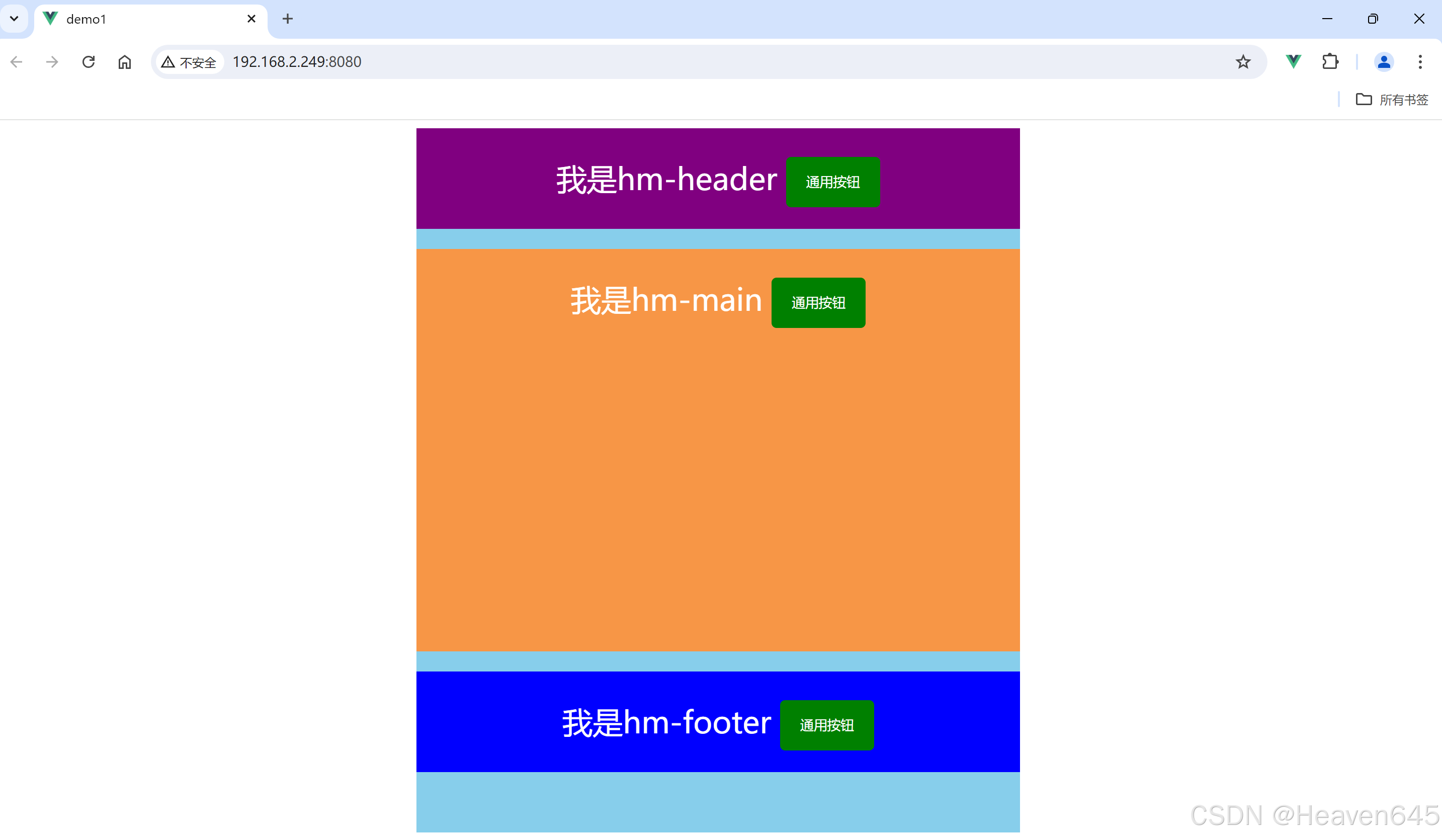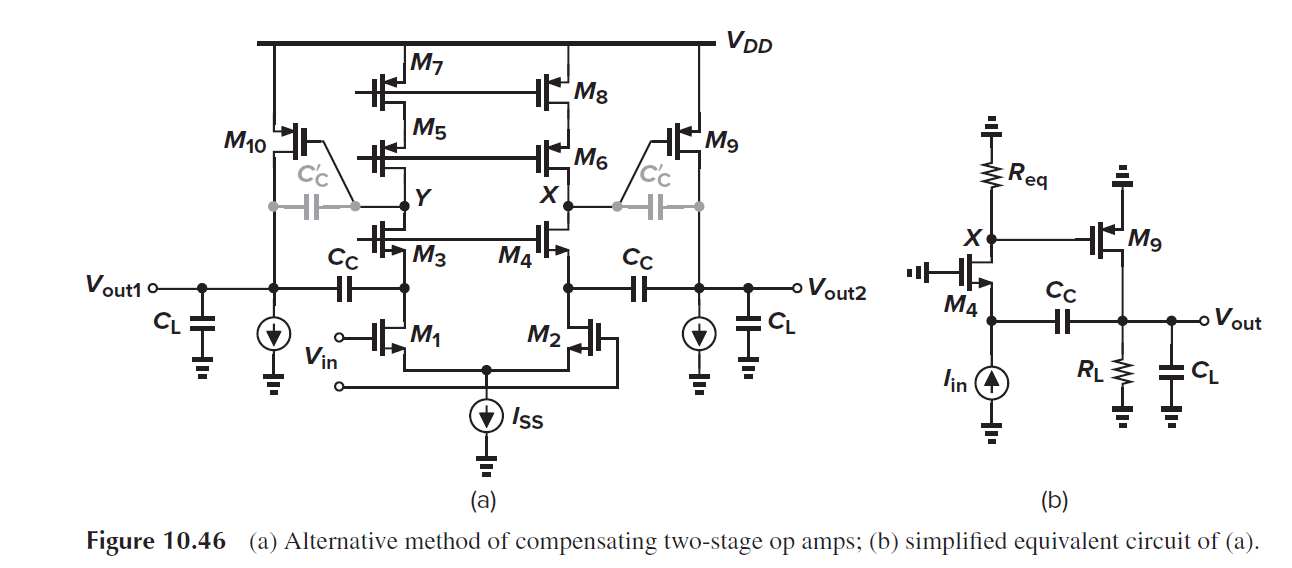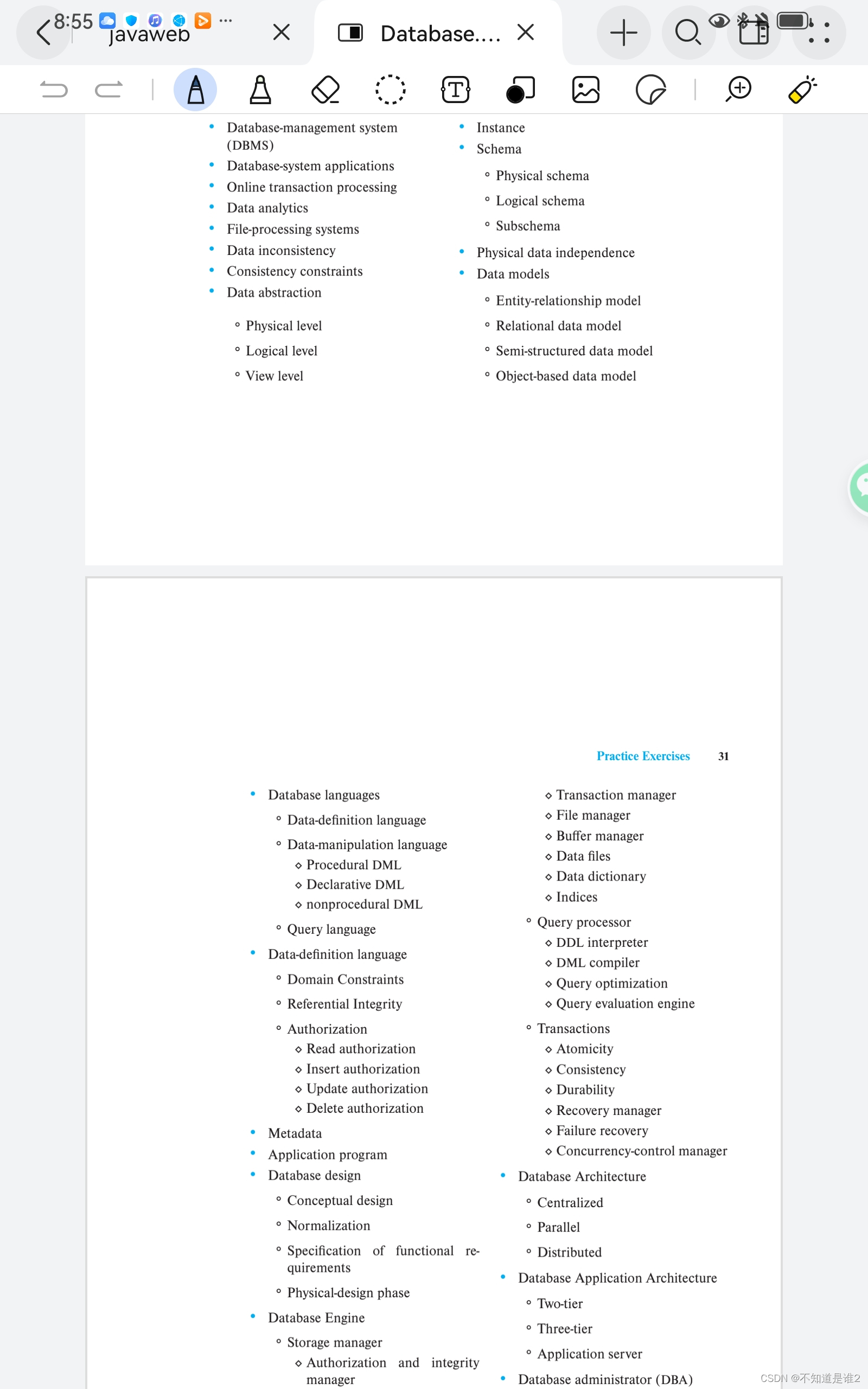本文主要是介绍Chapter One - The History of Computers,希望对大家解决编程问题提供一定的参考价值,需要的开发者们随着小编来一起学习吧!

Chapter One - The History of Computers
第一章 - 计算机的历史
I. Reading Material
I. 阅读材料
My friends, let’s embark on an enlightening journey through the captivating history of computers, unraveling the intricate threads that have woven the technological tapestry of our world.
各位朋友,让我们踏上一段启迪之旅,穿越引人入胜的计算机历史,揭示那些编织出我们科技世界画卷的错综复杂线索。
First Modern Digital Computer (1946): ENIAC
第一台现代数字计算机(1946年):ENIAC
In the aftermath of World War II, the world witnessed the birth of the Electronic Numerical Integrator and Computer (ENIAC) in 1946. This colossal machine, occupying an entire room, marked the genesis of modern digital computing. Its primary purpose was to perform complex numerical calculations, setting the stage for the digital revolution.
二战结束后,世界于1946年见证了电子数字积分计算机(ENIAC)的诞生。这台巨大的机器占据整个房间,标志着现代数字计算的开端。其主要目的是进行复杂的数值计算,为数字革命奠定了基础。
First Generation Computer: The Vacuum Tube Era
第一代计算机:真空管时代
The initial chapter saw the widespread use of vacuum tubes, electronic components responsible for amplifying and switching electrical signals. These computers, enormous in size and power consumption, paved the way for the digital era, demonstrating the potential of electronic computation.
最初的阶段广泛使用真空管,这些电子元件负责放大和切换电信号。这些计算机体积庞大,耗电量巨大,为数字时代的来临铺平了道路,展示了电子计算的潜力。
Second Generation Computer: The Transistor Revolution
第二代计算机:晶体管革命
Enter the era of transistors, a monumental leap in the evolution of computing. William Shockley’s groundbreaking work led to the development of these semiconductor devices. Transistors replaced bulky vacuum tubes, resulting in computers that were not only smaller but also more reliable and energy-efficient.
进入晶体管时代,这是计算机演进的重大飞跃。威廉·肖克利的开创性工作导致了半导体器件的发展。晶体管取代了笨重的真空管,使计算机不仅更小巧,而且更可靠和节能。
Third Generation Computer: Integrated Circuits Reshape the Landscape
第三代计算机:集成电路重塑格局
The 1960s witnessed a paradigm shift with the advent of integrated circuits (IC). Jack Kilby and Robert Noyce independently developed this revolutionary technology, condensing multiple electronic components onto a single chip. This marked the beginning of the ‘Chip War,’ a global race for technological dominance with profound implications for society.
20世纪60年代见证了集成电路(IC)的出现,杰克·基尔比和罗伯特·诺伊斯分别独立开发了这一革命性技术,将多个电子元件压缩到一个芯片上。这标志着“芯片战争”的开始,这是一场全球技术主导权争夺的竞赛,对社会产生深远影响。
Fourth Generation Computer: LSI and VLSI Redefine Possibilities
第四代计算机:LSI和VLSI重新定义可能性
Advancements in the 1970s and 1980s led to Large Scale Integration (LSI) and Very Large Scale Integration (VLSI). These technologies enabled the creation of microprocessors with thousands to millions of transistors on a single chip. Computers became more powerful, compact, and accessible to a broader audience.
20世纪70年代和80年代的进步导致了大规模集成电路(LSI)和超大规模集成电路(VLSI)。这些技术使得可以在单个芯片上集成数千到数百万个晶体管的微处理器的制造成为可能。计算机变得更加强大、紧凑,对更广泛的受众可及。
High-Performance Computing (HPC): Pushing Boundaries
高性能计算(HPC):挑战极限
The contemporary era is characterized by High-Performance Computing (HPC), where supercomputers tackle complex problems at unparalleled speeds. These machines, with their exceptional processing capabilities, drive scientific research, simulations, and advancements in various fields.
当代以高性能计算(HPC)为特征,超级计算机以无与伦比的速度解决复杂问题。这些机器以其卓越的处理能力推动科学研究、模拟和各个领域的进步。
II. Keyword Learning
II. 关键词学习
-
ENIAC: Electronic Numerical Integrator and Computer
-
ENIAC:电子数字积分计算机
-
Vacuum Tubes: Electronically controlled current devices
-
真空管:电子控制电流的器件
-
Transistors: Semiconductor devices replacing vacuum tubes
-
晶体管:取代真空管的半导体器件
-
Integrated Circuits (IC): Kilby and Noyce’s revolutionary technology
-
集成电路(IC):基尔比和诺伊斯的革命性技术
-
‘Chip War’: Global competition for technological supremacy
-
‘芯片战争’:全球技术主导权的竞赛
-
LSI: Large Scale Integration
-
LSI:大规模集成
-
VLSI: Very Large Scale Integration
-
VLSI:超大规模集成
-
HPC: High-Performance Computing
-
HPC:高性能计算
III. Reflection Questions
III. 思考题
-
How did the transition from vacuum tubes to transistors impact the size, efficiency, and reliability of computers?
-
从真空管到晶体管的过渡如何影响计算机的大小、效率和可靠性?
-
Explore the societal implications of the ‘Chip War.’ How did it shape global technological advancements and geopolitical landscapes?
-
探讨“芯片战争”的社会影响。它如何塑造了全球技术进步和地缘政治格局?
-
Reflect on the evolution from the first-generation computer to the current era of High-Performance Computing. How have these progressions influenced our daily lives and the trajectory of technological innovation?
-
反思从第一代计算机演变到当今高性能计算的过程。这些进展如何影响我们的日常生活和技术创新的轨迹?
Thank you for embarking on this detailed exploration of the remarkable history of computers, where each chapter unfolds new possibilities and transforms the way we perceive and interact with the world.
感谢您参与这次对计算机令人惊叹的历史进行详细探索的旅程,在这个过程中,每一章节都展示出新的可能性,改变了我们感知和与世界互动的方式。
这篇关于Chapter One - The History of Computers的文章就介绍到这儿,希望我们推荐的文章对编程师们有所帮助!








